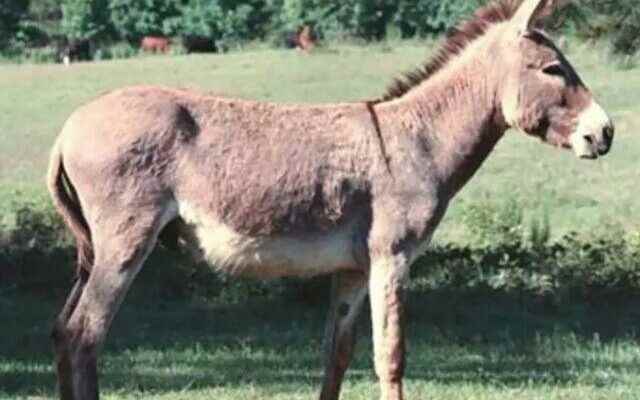Many products are sold illegally on social media. One of them is donkey skin. As the demand for donkey skin increased day by day, illegal sales exploded. In the report published on the subject, it is stated that 4.8 million donkeys are killed for commercial purposes every year, while demand is increasing on the grounds that donkey skin functions as an elixir of youth.
According to the news of The Guardian newspaper, The Donkey Sanctuary, a UK-based donkey protection association, has published a report on the donkey trade.
In the report, it was noted that thanks to the algorithms of social media platforms such as Facebook, YouTube, Twitter and Instagram, there are easy buyers for donkey skin with the ads placed there.
Emphasizing that approximately 4.8 million donkeys are killed and traded every year, the report states that the highest number of sellers are seen in Kenya, Senegal, Nigeria, Burkina Faso and Ghana, countries where donkey trade is prohibited.
In the report, it was pointed out that a user on Facebook in Kenya, one of the countries where the donkey trade is prohibited, put up for sale 2 thousand pieces of leather.
While 382 people selling donkey skins to China were detected on online platforms and trade sites, it was determined that they also traded drugs with wild animals, human hair and fake passports.
The report also stated that although only 20 countries legally trade donkey skins with China, donkey skins are delivered to China from approximately 50 countries.
Marianne Steele, President of The Donkey Sanctuary Association, stated that by ending the sale of donkey skin on the platforms of online sales points and social media companies, they will not only prevent the persecution but also help to eliminate other illegal activities.
Oxford University Wildlife Conservation Research Unit, in its study on the link between the donkey trade and the wild animal trade, identified 15,000 products for sale on the internet, including 13 endangered species.
Dr Ewan Macdonald, one of the research team, said that about 20 percent of the sellers on these platforms also sell other wildlife products, including pangolin scales and ivory.
The most important reason for China to import donkeys from African countries is the increasing demand for gelatin-containing products, called “ejiao”, obtained from donkey skin.
In China, “ejiao products”, which are used for many purposes in medicine, are considered as youth elixir and according to statistics, millions of donkeys are slaughtered in China every year for these products.
